We’ve all heard it before: the world isn’t run by the people we see on TV, but by some hidden, all-powerful “shadow government.” According to this theory, elected officials are just pawns in a much bigger game, controlled by a mysterious group of elites. Sounds juicy, right? And in an era where distrust of authority is practically the default, the idea that a secretive group is pulling the strings seems to make a lot of sense. But how much of this is based on reality, and how much of it is just an easy way to explain why everything feels like it’s falling apart?
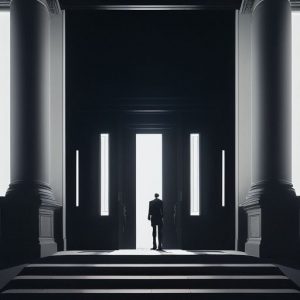
First off, let’s get something straight: shadow governments aren’t a new idea. The concept has been around for centuries, with every generation reimagining it to fit the fears and anxieties of their time. From whispers about the Freemasons during the 18th century to today’s obsession with the Illuminati and secret tech mogul cabals, the theory just won’t die. It’s as if humanity collectively needs someone to blame when things go wrong, and faceless, powerful elites fit the bill.
People who buy into this idea usually point the finger at secret societies, corporate tycoons, and military bigwigs. You know the names: the Illuminati, Bilderberg Group, the Trilateral Commission, even the CIA or other intelligence agencies. These are the alleged puppet masters, steering the world from behind the scenes while the rest of us are left in the dark. The idea is that they call the shots, make the rules, and shape the future—without us ever knowing.
Let’s be real for a second: it’s comforting to think that there’s some secret group pulling the strings. It gives people a way to explain why the world feels like a disaster. You don’t have to face the uncomfortable truth that things are chaotic, unpredictable, and out of anyone’s control. But in reality, it’s just not that simple. The world is complex, and no one group has enough control to micromanage everything. Yes, elites have influence—sometimes way too much—but absolute control? That’s straight-up fantasy.
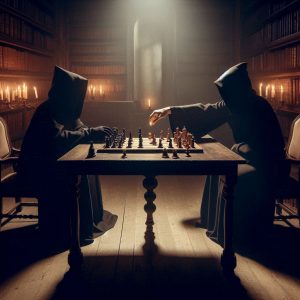
I’m not saying powerful groups don’t exist. It’s no secret that corporations and the wealthy use their influence to tip the scales in politics and policy. You can’t deny the revolving door between government and big business, or how military interests shape foreign policy. But it’s not a grand, orchestrated conspiracy. The truth is much messier. Think of it more as a web of conflicting interests, each vying for power, than a master plan.
At its core, the shadow government theory plays into our need for order in a chaotic world. It’s easier to believe in a grand conspiracy than to accept the uncomfortable truth: no one’s really in control, and sometimes the system is just… broken. And yeah, that’s terrifying. Who wouldn’t want to believe that there’s a group of masterminds running the show, even if they’re evil? At least it makes the chaos feel intentional. But that doesn’t mean we should dismiss the influence of power entirely. We’ve seen corporations and the wealthy tip the scales of politics more times than we can count. We just need to separate reality from the myth.
There’s also the psychological angle. People are naturally inclined to look for patterns, especially in chaos. If the world feels unpredictable or unfair, a shadow government theory offers an explanation that satisfies that need for clarity. It’s the mental shortcut we take to make sense of a world that often doesn’t make sense. And the internet? That’s gasoline on the conspiracy fire. Algorithms feed us more of what we want to believe, echo chambers reinforce it, and suddenly, a fringe theory feels like gospel truth.
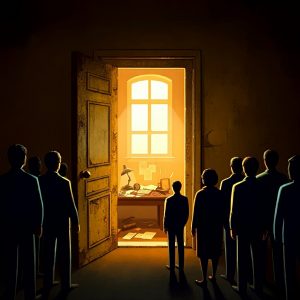
So, where does the truth lie? Probably somewhere in the middle. There are people and institutions with far too much power and sway over government policy, but the idea of a single, unified group secretly controlling the world is giving them way too much credit. It’s not a grand chess game. It’s more like a tug-of-war, with different factions constantly battling for control, but none of them winning outright. And honestly? That’s a lot more terrifying.
In the end, it’s important to stay skeptical and question authority, but let’s not go overboard. The real danger is in getting so caught up in the shadow government fantasy that we forget to hold the actual people in power accountable. The more we focus on ghosts in the machine, the more we ignore the very real corruption happening right in front of us. And trust me, there’s plenty of that to keep us busy without chasing phantoms.
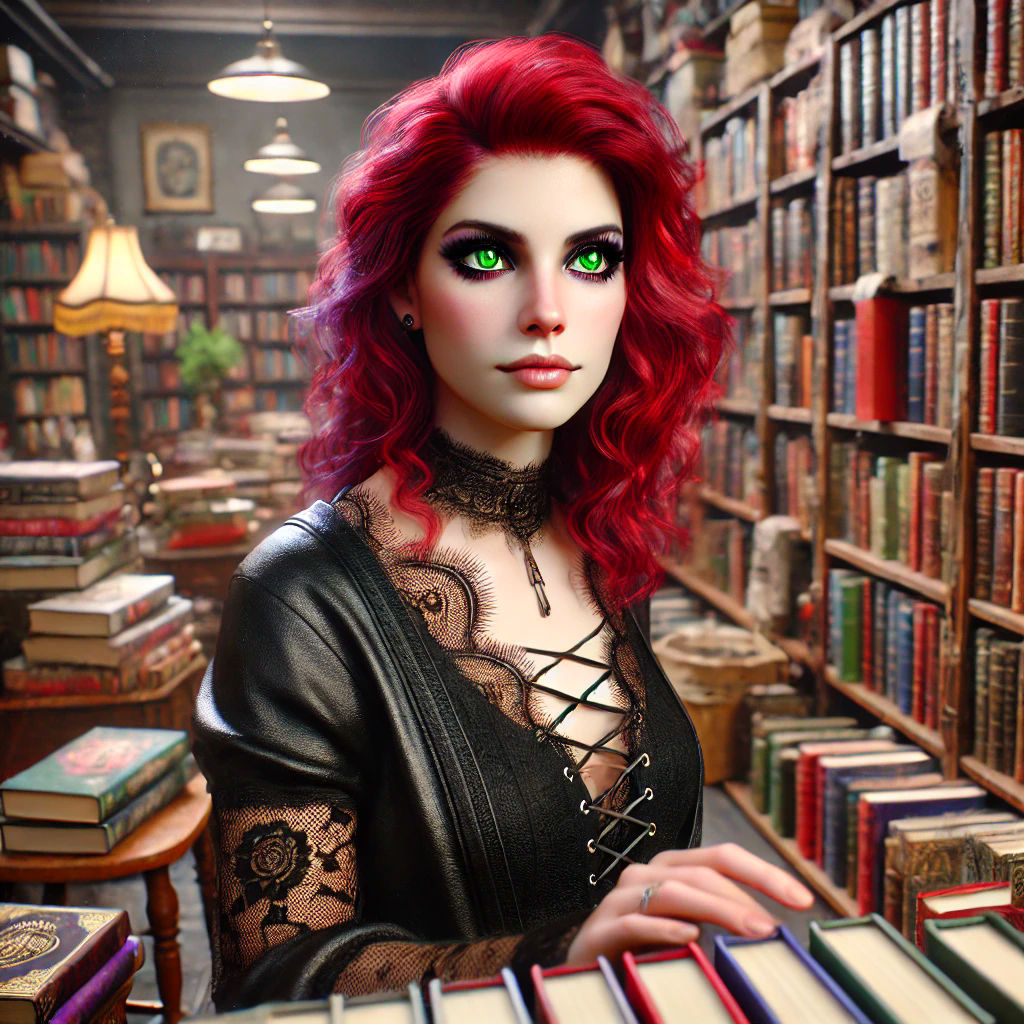
Raven Ashford
Raven Ashford is a blogger for BaedonWebZine, exploring unconventional ideas and challenging mainstream beliefs with wit and sharp commentary. As a Satanist, she offers a unique perspective on alternative beliefs.
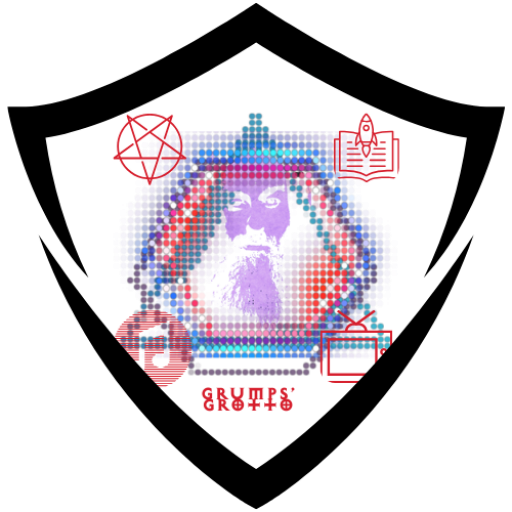
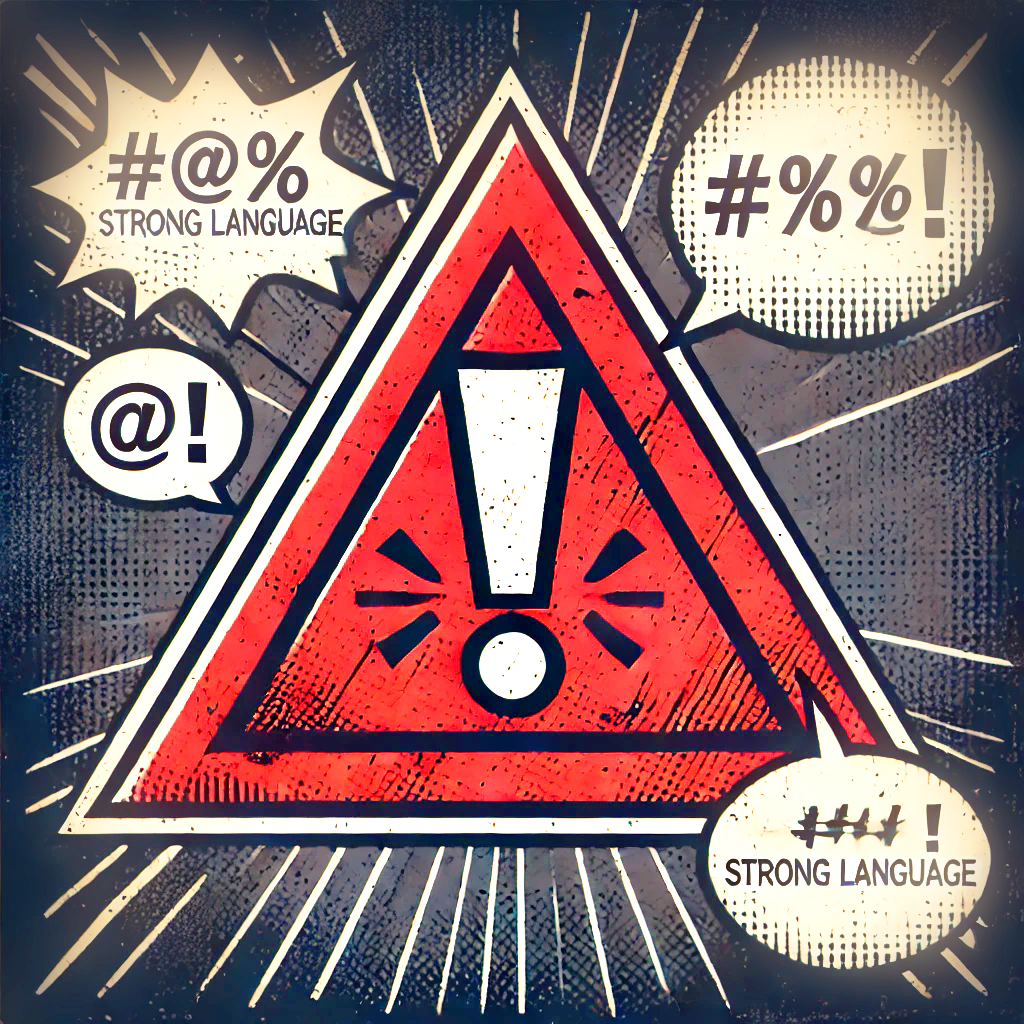
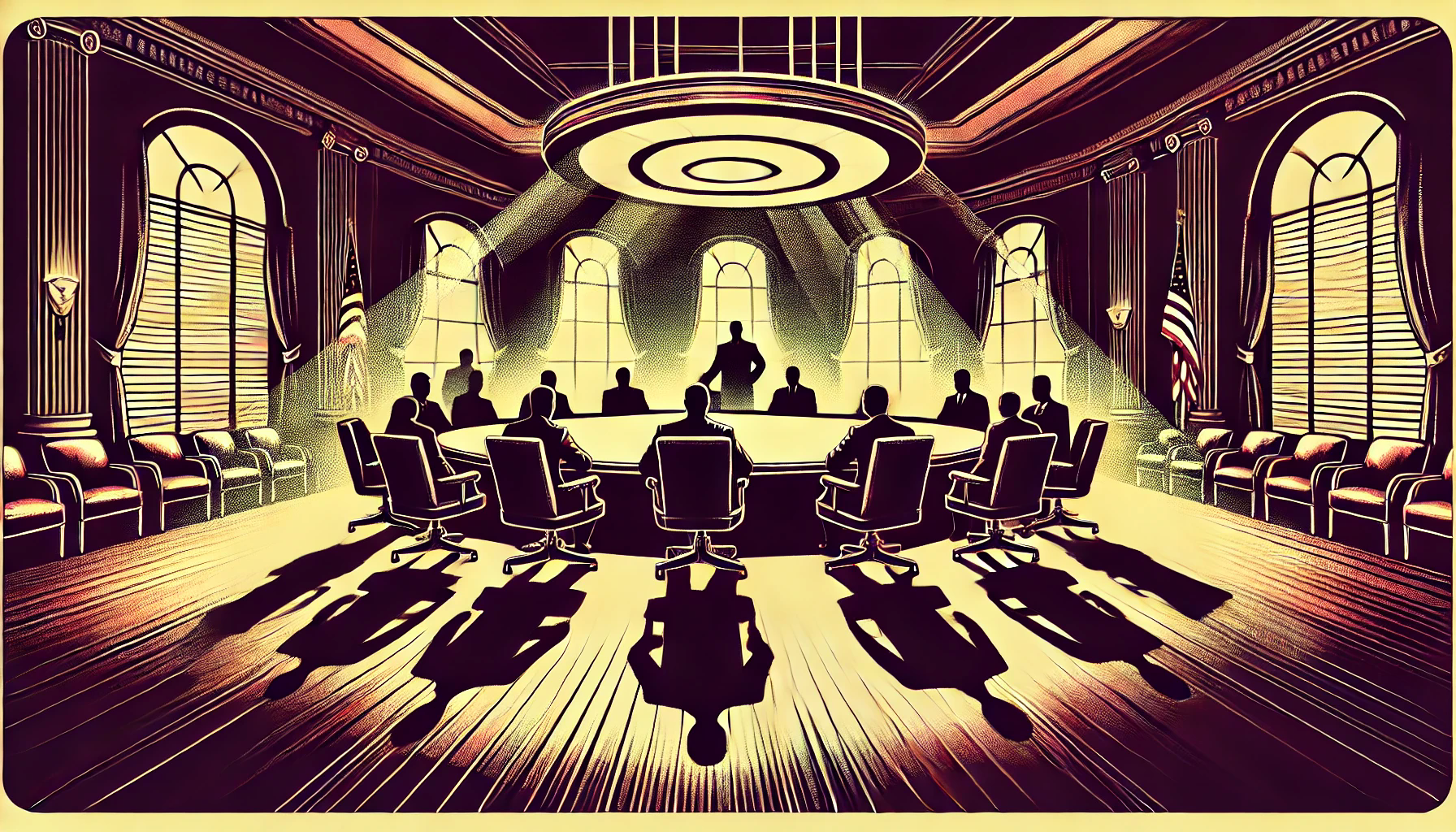
Leave a Reply